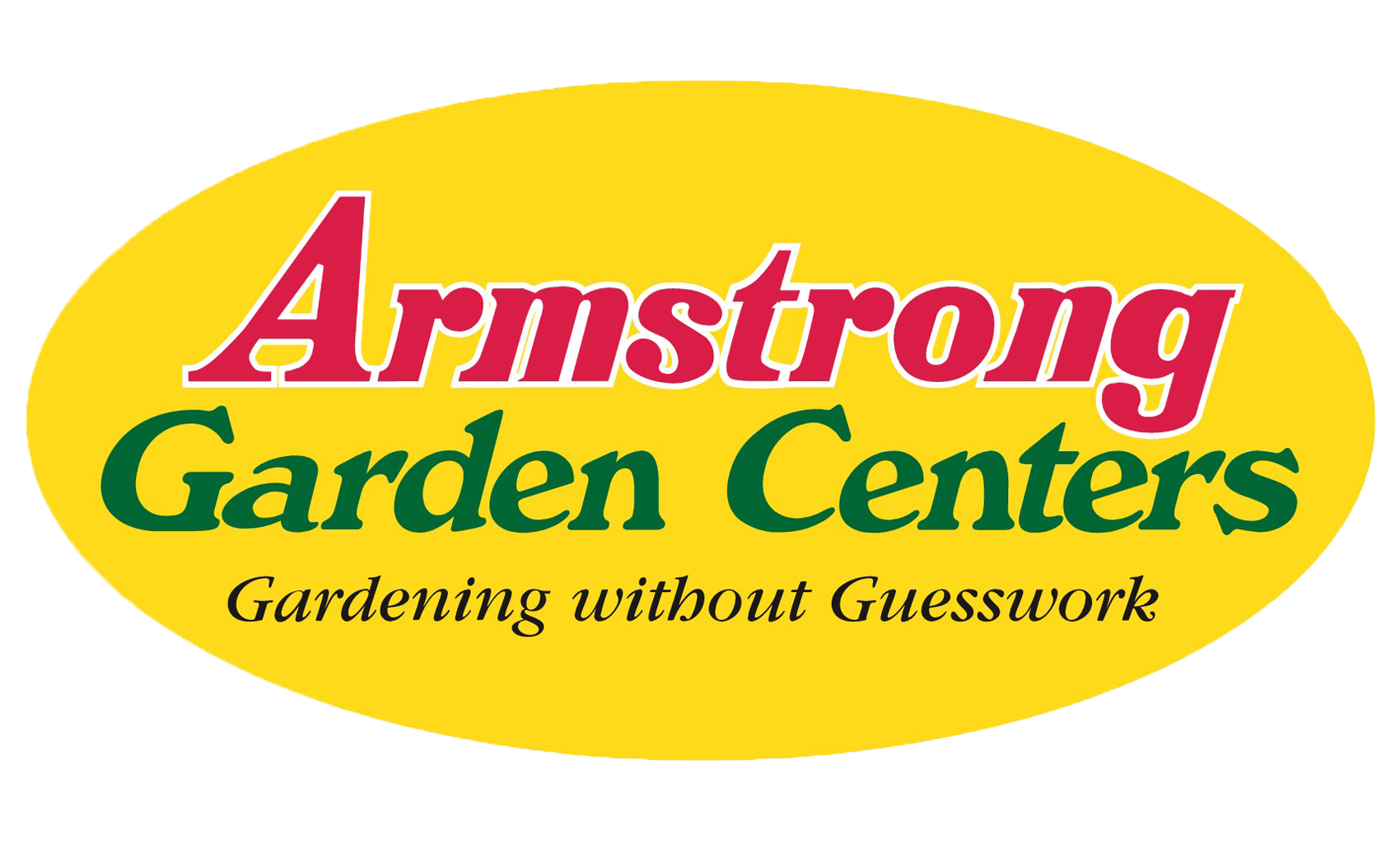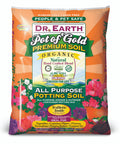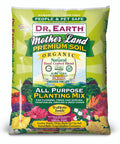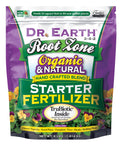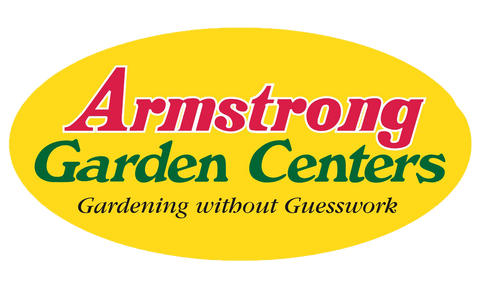Details
Hot Blooded Red Lantana is a multi-stemmed evergreen shrub with a mounded form. Its average texture blends into the landscape, but can be balanced by one or two finer or coarser trees or shrubs for an effective composition.
This is a relatively low maintenance shrub, and should not require much pruning, except when necessary, such as to remove dieback. It is a good choice for attracting butterflies and hummingbirds to your yard, but is not particularly attractive to deer who tend to leave it alone in favor of tastier treats. It has no significant negative characteristics.
Hot Blooded&trade: Red Lantana is recommended for the following landscape applications:- Mass Planting
- Rock/Alpine Gardens
- Border Edging
- General Garden Use
- Container Planting
- Hanging Baskets
Features
Hot Blooded Red Lantana features showy cymes of lightly-scented orange flowers with cherry red overtones at the ends of the branches from late spring to early fall, which emerge from distinctive gold flower buds. It has green foliage. The serrated pointy leaves remain green throughout the winter. The fruit is not ornamentally significant.
Care
Planting & Growing
Hot Blooded Red Lantana will grow to be about 18 inches tall at maturity, with a spread of 28 inches. When grown in masses or used as a bedding plant, individual plants should be spaced approximately 12 inches apart. It has a low canopy. It grows at a fast rate, and under ideal conditions can be expected to live for approximately 20 years.
This shrub does best in full sun to partial shade. It is very adaptable to both dry and moist growing conditions, but will not tolerate any standing water. It is considered to be drought-tolerant, and thus makes an ideal choice for a low-water garden or xeriscape application. It is not particular as to soil type or pH, and is able to handle environmental salt. It is highly tolerant of urban pollution and will even thrive in inner city environments. This is a selected variety of a species not originally from North America, and parts of it are known to be toxic to humans and animals, so care should be exercised in planting it around children and pets. It can be propagated by cuttings; however, as a cultivated variety, be aware that it may be subject to certain restrictions or prohibitions on propagation.
Hot Blooded Red Lantana makes a fine choice for the outdoor landscape, but it is also well-suited for use in outdoor containers and hanging baskets. It is often used as a 'filler' in the 'spiller-thriller-filler' container combination, providing a mass of flowers against which the thriller plants stand out. Note that when grown in a container, it may not perform exactly as indicated on the tag - this is to be expected. Also note that when growing plants in outdoor containers and baskets, they may require more frequent waterings than they would in the yard or garden.
